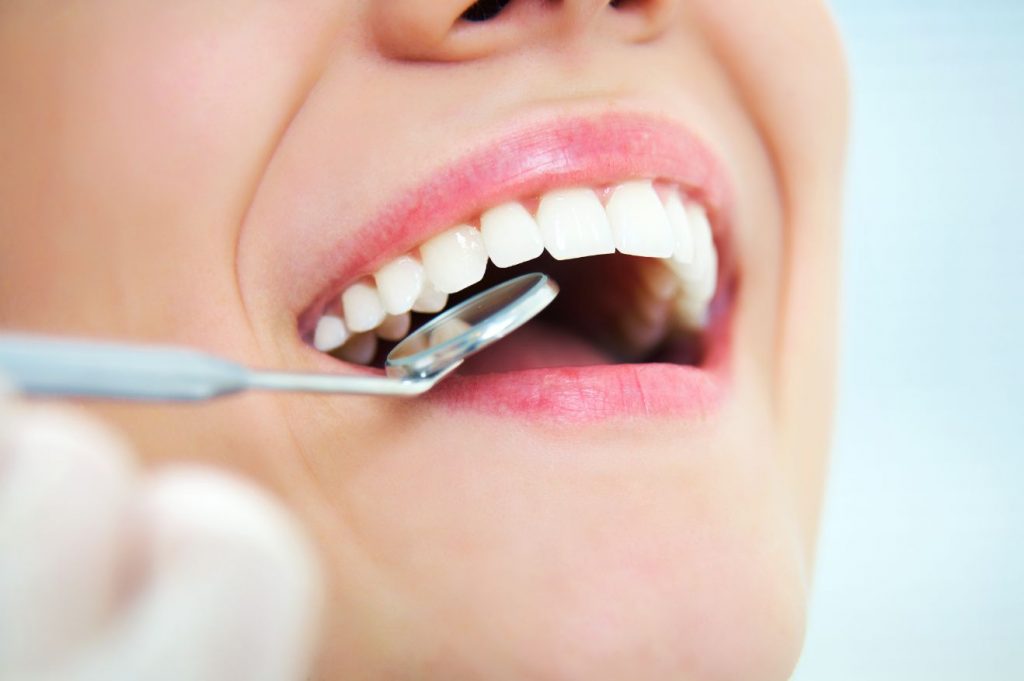Oral Hygiene
Dental hygiene and dental health are important, but also, we have to admit, pretty boring. But that’s why we love this blog post. Not only does it introduce us to a new, interesting way of looking at the world, but it also makes our teeth look clean and healthy.
When your teeth are not clean, the food you eat begins to rot inside your body. This causes unspeakable discomfort and infection. It is one of the most important aspects of oral hygiene, and yet it is the one that most people neglect.
We all know the importance of teeth hygiene, but we often forget to take care of them. We need to brush our teeth, but we also need to avoid tooth decay. To help you maintain a healthy smile, we will give you some tips on how to keep your teeth clean.

Dental Hygiene Will Include
- Stain removal: using the latest technology to insure clean and smooth teeth surfaces.
- Fresh Breath: clean mouth means fresh breath.
- Prevention of gum disease: early signs of gum disease include bleeding gums when brushing. Our team will check if they spot symptoms, with regular appointments, they will be able to help deal with this before the disease has the chance to progress. It is important to pay attention to these symptoms as if left untreated, gum disease can lead to the movement or even the loss of teeth.
- Oral Hygiene Plan: we will work with your individual needs to create a custom-made plan for optimum maintenance of your oral hygiene. This includes recommending the right products, different types of brushes and showing you the most effective ways to use them.
- Dietary Advice: the food we eat can affect our teeth, this could be through staining or acid erosion. If your diet has had a detrimental effect on your teeth, our hygienists can advise on changing your eating habits to prevent further harm.
Top Treatments
- General Dentistry
- Preventative Dentistry
- Cosmetic Dentist
- Teeth Straightening
- Missing Teeth
- Restorative Dentistry
- Nervous Patients
Get In Touch

Benefits of Dental Hygiene
There are many benefits of a daily dental hygiene routine, including:
- Health: Regular dental check-ups can help to detect early signs of gum disease and tooth decay, which can lead to the early stages of some cancers.
- Appearance: Regular dental hygiene can help to maintain your smile, and prevent periodontal disease, enamel erosion and tooth sensitivity.
- Chewing: Chewing your food properly helps to break down the food you eat.





